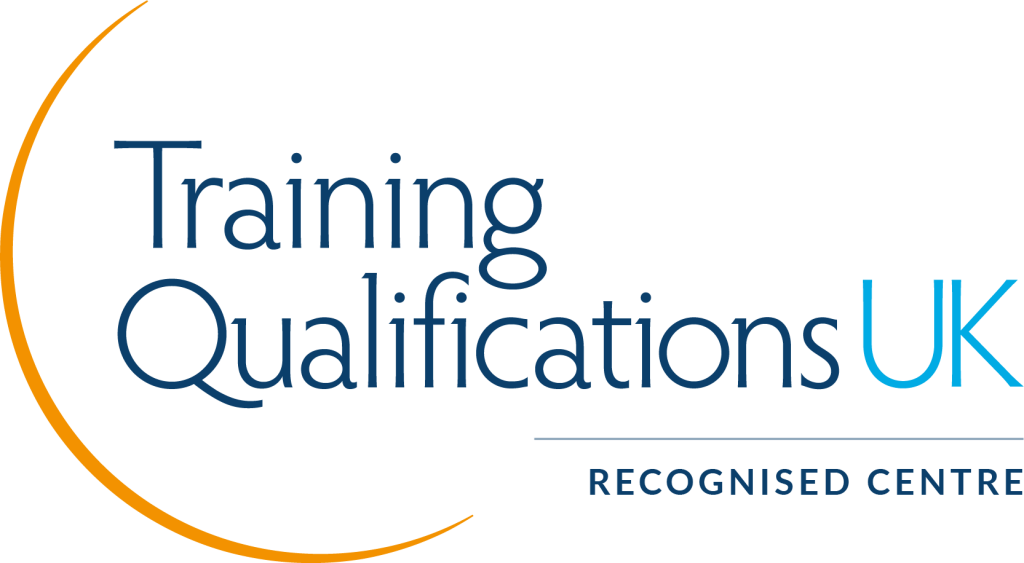Embarking on a career as a Special Educational Needs (SEN) Teaching Assistant in the UK is a rewarding opportunity to support students with diverse learning requirements. This role involves assisting children who have physical, behavioural, or learning difficulties, ensuring they receive tailored support to thrive academically and socially. Here’s a comprehensive guide to help you understand the role, responsibilities, necessary qualifications, essential skills, and recommended courses to set you on the right path.
What is an SEN Teaching Assistant?
An SEN Teaching Assistant works closely with teachers to provide support to students with special educational needs. This support can be one-on-one or in small groups, within mainstream classrooms or specialised SEN settings. The goal is to help these students access the curriculum effectively and develop essential life skills.
Main Roles and Responsibilities
As an SEN Teaching Assistant, your duties may include:
- Supporting Learning Activities: Assisting in the planning and delivery of lessons tailored to the needs of SEN students.
- Providing Individualised Support: Working closely with students to address their specific learning challenges and adapting teaching materials accordingly.
- Promoting Inclusion: Encouraging the participation of SEN students in all classroom activities and fostering an inclusive learning environment.
- Monitoring Progress: Observing and recording students’ development, providing feedback to teachers and parents.
- Assisting with Personal Care: Helping students with personal needs, which may include mobility assistance, feeding, or hygiene, depending on individual requirements.
Qualifications Needed
To become an SEN Teaching Assistant, the following qualifications are typically beneficial:
- Level 2 or Level 3 Certificate in Supporting Teaching and Learning in Schools: These qualifications provide foundational knowledge and skills for supporting teaching and learning.
- Specialised SEN Qualifications: Courses focusing on special educational needs can enhance your understanding and effectiveness in this role.
- GCSEs: Some positions may require GCSEs in English and Maths at grade 4 (C) or above.
While formal qualifications are advantageous, relevant experience and a passion for supporting children with special needs are highly valued.
Skills Needed
Successful SEN Teaching Assistants possess a range of skills, including:
- Empathy and Patience: Understanding and responding sensitively to the diverse needs of SEN students.
- Adaptability: Flexibility to adjust teaching methods and materials to suit individual learning styles.
- Communication Skills: Effective interaction with students, teachers, parents, and other professionals.
- Observational Skills: Keen attention to detail to monitor student progress and identify areas needing support.
- Teamwork: Collaborating effectively with teachers and other staff members to provide cohesive support.
Suggested Courses
To gain the necessary qualifications, consider the following courses:
- TQUK Level 2 Certificate in Special Educational Needs and Disability (RQF): This course provides foundational knowledge for those looking to work with individuals with special educational needs and disabilities. It covers key areas such as understanding specific needs, legislation, and best practices in supporting SEN students.
- TQUK Level 3 Award in Supporting Teaching and Learning in Schools (RQF): Designed for individuals aiming to support teaching and learning, this course covers child development, safeguarding, and communication. It provides a solid foundation for those looking to work directly with children in an educational setting.




